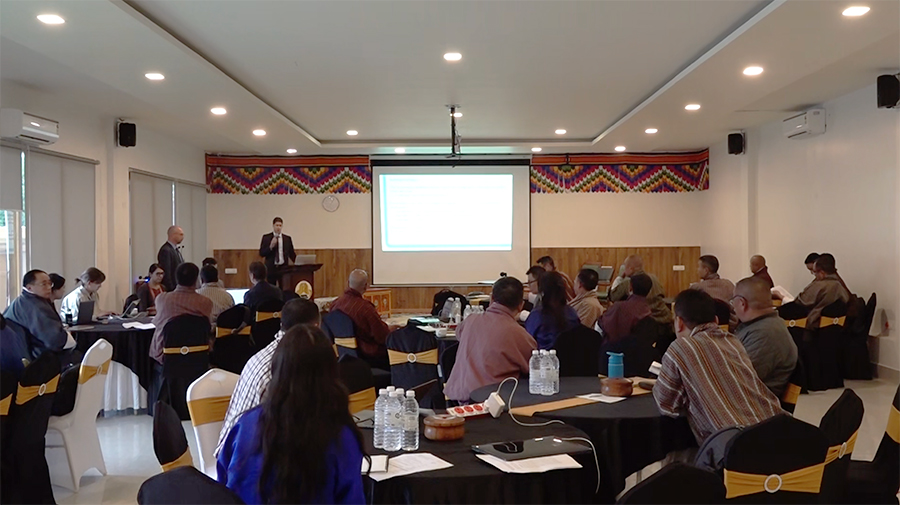 Bhutan’s livestock sector faces persistent challenges, from disease outbreak and feed shortages to climate change. To address this, officials, veterinarians, and environmental experts gathered for the Food and Agriculture Organization or FAO-led One Health and Sustainable Livestock workshop in Paro last week. It was aimed to turn discussions into concrete investment plans that can strengthen domestic production of milk, eggs, and meat.
Bhutan’s livestock sector faces persistent challenges, from disease outbreak and feed shortages to climate change. To address this, officials, veterinarians, and environmental experts gathered for the Food and Agriculture Organization or FAO-led One Health and Sustainable Livestock workshop in Paro last week. It was aimed to turn discussions into concrete investment plans that can strengthen domestic production of milk, eggs, and meat.
The FAO said that while several initiatives such as the “One Child One Egg” initiative and support to the National Cattle Breeding Centre are already underway, they often lack an investment framework.
So, the workshop was aimed to fill that gap by building national capacity for integrated livestock investment planning under the One Health approach.
However, the organisers said that focus on livestock sector alone is not the answer.
The discussion also highlighted the importance of factoring in impacts on the environmental impacts.
They said that by linking livestock to wildlife and environment, the country can attract co-investments and partnership.
Scott Newman, Senior Livestock Production and Animal Health Officer of FAO Asia-Pacific said, “We are looking at how to support increased investment in egg and dairy production to benefit food and nutrition security, social welfare and national happiness. At the end of the workshop, what we would hope to have is a set of investment cases for public health, for livestock development and for wildlife and environment that we could market to potential donors and investment banks.”
M.P Timsina (PhD), the Advisor for Department of Livestock, Ministry of Agriculture and Livestock said, “It is not going to only ensure food and nutrition security, but also is going to enhance and safeguard public health and the environmental sustainability. Ultimately, it is going to make our livestock sector transform and make it very vibrant, inclusive, sustainable and safe for human consumption and overall the food system for Bhutan.”
In the coming months, data from the workshop will be developed into clear investment proposals for endorsement by ministries and the FAO, before being shared with policymakers, donors, and partners.
A forum will then bring together government, donors, and NGOs to discuss investment and partnership plans.
Karma Samten Wangda, Paro








